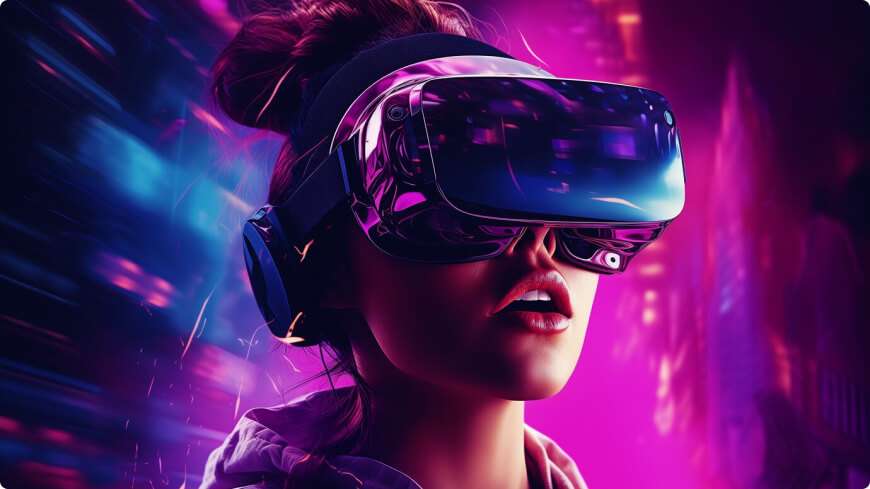Introduction
Artificial Intelligence (AI) is advancing at an unprecedented pace, transforming industries and redefining the way humans interact with technology. From groundbreaking breakthroughs in deep learning to AI-driven automation, the frontier of AI innovation is constantly expanding. In this blog, we explore some of the most cutting-edge developments in AI and their implications for the future.

The Rise of Generative AI
Generative AI has taken center stage with models like OpenAI’s GPT series and Google’s Gemini. These AI systems can generate human-like text, create realistic images, and even compose music. Key advancements include:
-
Text Generation: AI chatbots and virtual assistants are becoming more sophisticated, providing nuanced and context-aware responses.
-
Image Synthesis: AI-generated art and design tools are empowering creators to push creative boundaries.
-
Code Generation: Developers are leveraging AI-powered coding assistants like GitHub Copilot to boost productivity.
AI in Healthcare: Revolutionizing Diagnostics and Treatment
AI is making waves in healthcare by improving diagnostic accuracy, personalizing treatment plans, and streamlining hospital operations. Some remarkable AI-driven advancements include:
-
Medical Imaging: AI-powered radiology tools can detect diseases like cancer with greater precision than traditional methods.
-
Drug Discovery: AI accelerates drug development by analyzing vast datasets to identify potential treatments.
-
Virtual Health Assistants: AI chatbots provide mental health support and preliminary diagnoses, reducing the burden on healthcare professionals.
Autonomous Systems and Robotics
From self-driving cars to industrial automation, AI-powered robots are reshaping transportation and manufacturing. Key developments include:
-
Autonomous Vehicles: Companies like Tesla and Waymo are refining self-driving technology to enhance road safety.
-
Smart Manufacturing: AI-driven automation optimizes production processes, reducing costs and improving efficiency.
-
AI in Space Exploration: NASA and private companies like SpaceX are leveraging AI for mission planning and planetary exploration.
AI and Ethical Considerations
With great power comes great responsibility. As AI continues to advance, ethical concerns such as bias, transparency, and data privacy must be addressed. Ongoing efforts include:
-
Bias Mitigation: AI researchers are developing algorithms to reduce bias in machine learning models.
-
Explainable AI: Efforts are being made to make AI decisions more transparent and interpretable.
-
Regulatory Frameworks: Governments and organizations are working to establish ethical AI guidelines to ensure responsible development and deployment.
The Future of AI: What Lies Ahead?
The future of AI holds limitless possibilities, from quantum AI to brain-computer interfaces. Some anticipated trends include:
-
AI-Augmented Creativity: AI will continue to assist artists, writers, and musicians in pushing creative boundaries.
-
Advancements in AGI (Artificial General Intelligence): Researchers are working towards AI systems with human-like reasoning capabilities.
-
AI in Everyday Life: Smart homes, personalized AI assistants, and intelligent IoT devices will become more integrated into daily routines.
Conclusion
AI is at the forefront of technological evolution, shaping the future in ways we are only beginning to understand. As we continue to push the boundaries of what AI can achieve, it is crucial to balance innovation with ethical responsibility. By fostering collaboration between researchers, developers, and policymakers, we can ensure that AI remains a force for good, driving progress while safeguarding human values.
Stay tuned for more insights into the world of artificial intelligence, where the only limit is the imagination.


Leave A Comment